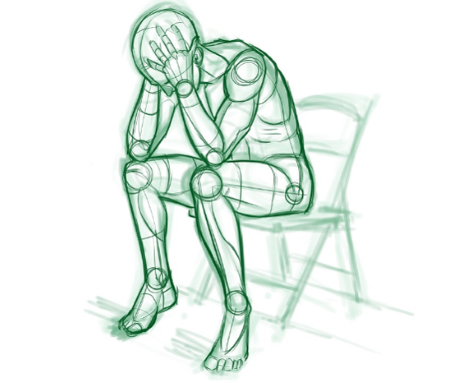How is this abnormal different from all other abnormals?
Remember when we actively did things to upend our sense of normal — like traveling, trying new activities, attending live performances? All of these require us to suspend our “normal” for a time and expand our thinking, awareness, and experience. But even as we embark on such things, we know we will return to whatever our normal is — at our own timing and usually, in some kind of planned way.
This pandemic and the subsequent global economic difficulties are external forces that have removed our normal from us — without our ability to control any of it and without knowledge of how, when, and even if we will eventually be given back our full normal.
If you have lost loved ones, your livelihood, and/or anything else as a result, you are knocked even further off your normal. And you have my deepest empathy and condolences.
Finding your footing, much less staying grounded, amid this uncertainty is extremely difficult for many and just plain out of reach for some. It has also become a constant and exhausting undertaking.
As we gradually, tentatively dip our toes into the water of whatever “new normal” will look like, one thing will most certainly ease the transition: Compassion. Too many of us have learned to brush things off with a shrug and say without thinking much about it: “It’s okay! I’m okay!” “Yes, I celebrated [fill in the blank: Easter / Passover, my birthday, the New Year…] without family, but it was fine; it could have been worse.”
It turns out that during a prolonged trauma, our brain really wants to normalize our experience
It does this to allow us to adapt and survive (they really are incredibly smart, those brains of ours). The problem is that we are wired to adapt and cope in this way for short periods — unplanned bursts of stress that really do spell life or death. Extending the stress response for months (or years) paves the way for all sorts of physical and mental health problems.
So, instead of being so quick to dismiss the trauma that we have all shared (are sharing), I suggest taking some time to give voice to what you are feeling, what you have experienced, how you are changed. This can be done via nearly any medium: writing, drawing, painting, singing, dancing — anything that allows the energy of your emotions to unlock and begin to flow. (Personally, I favor writing and singing, although my kids wish I’d stick to writing!)
And then give yourself a huge bear hug
Or get one from someone near if you are able to.
The time for digging for lessons about how this experience has affected us and our global community is ahead. Now is the time for some self-love. And that’s coming from a devoted lifelong learner.
At On the Same Page, we work with leaders, managers and everyday people to
Make Change Suck Less(TM) — at work and at home. Find out how we can help you.





